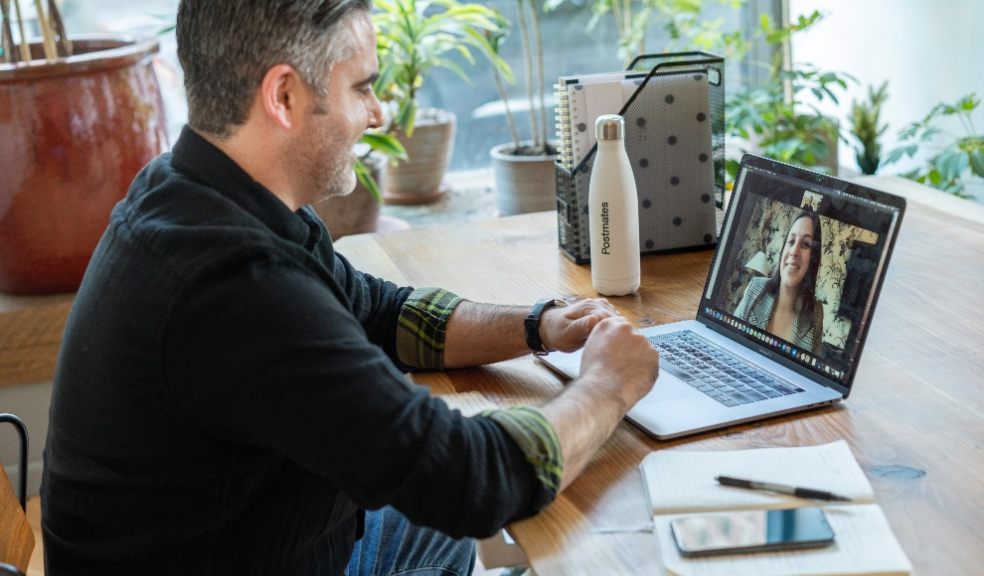
Hand signals help overcome Zoom fatigue in online meetings
|
A research team at the University of Exeter and University College London (UCL) conducted a randomised control trial with more than 100 students, and trained one group to use hand signals including gestures such as waving to take a turn to speak, and raising a hand to show empathy. Lockdowns triggered a transition to online meetings for many. While the change has benefits, it can also lead to fatigue and feelings of social exclusion. Now, the new study, now published in PLOS One, found that participants who used a particular set of gestures to engage and express reactions felt closer to their group, interacted with each other better, and thought that they had learnt more than those who did not. A second larger study replicated these results, and also showed that using response buttons or emoji’s did not have the same effect positive as hand gestures, and in some aspects, made users' experience worse. UCL Professor Daniel Richardson explained: “Because you can’t make eye contact or pick up on subtle nods, gestures and murmurs of agreement or dissent in video conferences, it can be hard to know if people are engaged with what you’re saying. There have been attempts to use more technology to improve video conferencing, such as emojis and response buttons, but we found strong evidence that encouraging people to use more natural hand gestures had a much better effect on their experience.” Management consultant and UCL researcher Paul Hills designed the hand signal system used in the study. A lifeguard at Falmouth, in Cornwall, Paul was inspired by the hand signals lifeguards use to communicate, as well as communication gestures in other sports and workplaces and by baby signing. In his group mentoring work he has experienced how hand signals to express empathy can help people share their feelings. Paul said: “Gestures are a very human way to communicate that predates the spoken word, yet have become far less used by people in video communication. Now, our study indicates how hand signals aid communication in a digital world, and have psychological benefits. This research underlines that there’s something about the use of gestures specifically appears to help online interactions and help people connect and engage with each other. This can improve team performance, make meetings more inclusive and help with psychological wellbeing.” Through his company Konektis, Paul has introduced the hand signals to a number of organisations. Rosie Mackenzie, Global Head of Leadership, Management and Team Development, AstraZeneca, said: “We find that the video meeting signals provide a human connection that makes meetings feel very inclusive in a virtual world.” Kim Conchie, Chief Executive of Cornwall Chamber of Commerce, which now uses the hand signals for meetings after a successful trial, said: “The signals really animate the screen and make people feel they're back in a room with more people. Very quickly using the signals have become part of our culture and they've really revolutionized our team meetings. It's a phenomenal, simple solution.” Study co-author Matt Gobel, of the University of Exeter, said: “The pandemic led to organisations and their employees redefining how, and more importantly where, they worked. Remote and hybrid work have huge potentials for making the workplace healthier, more inclusive and environmentally sustainable, but we need new ways of working to make this a success stories. Our study shows that using hand signals during video conferencing is one way to do so. We are just at the beginning of exploring how collaborating and working together could look like in the near future. “ |













